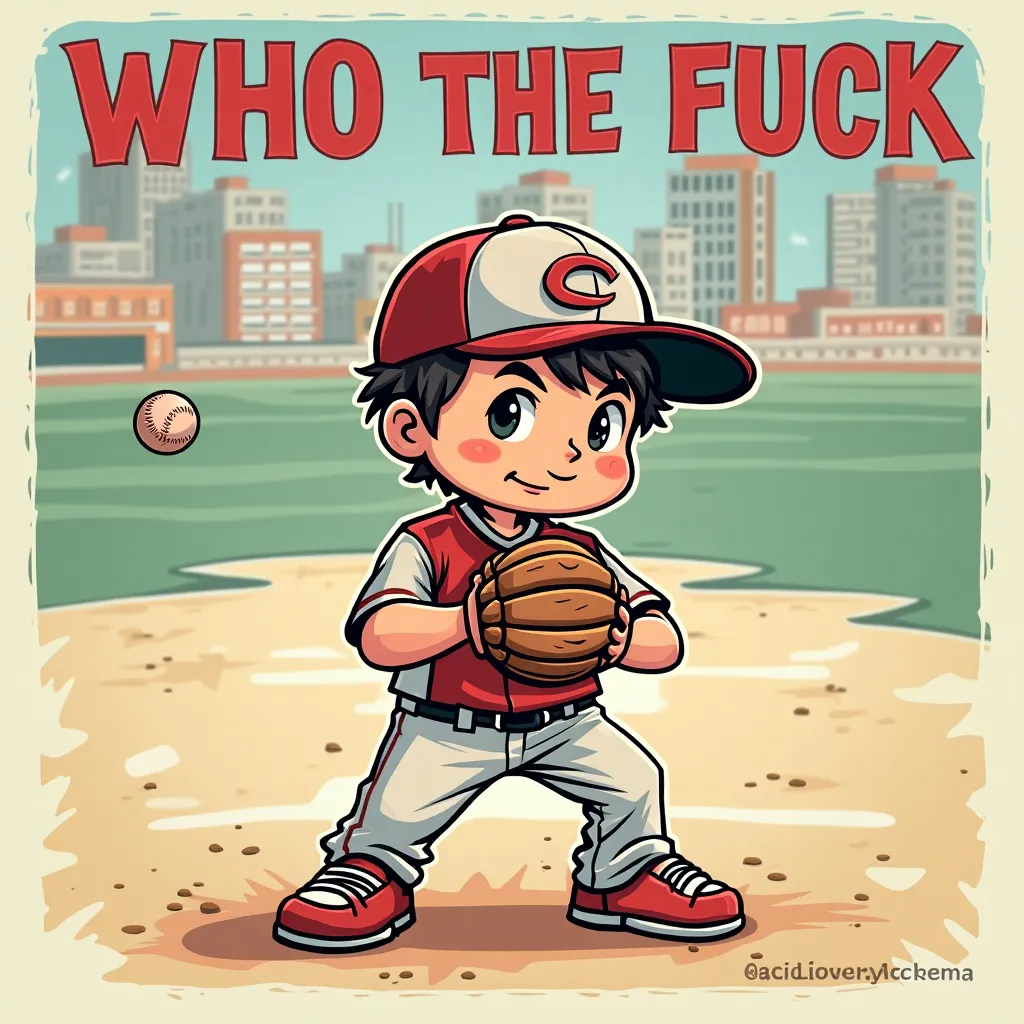A Historic Home Run Ball Sparks a Legal Battle
In a thrilling moment for baseball fans, Shohei Ohtani made history by becoming the first player to hit 50 home runs and steal 50 bases in a single season. As soon as the ball landed in the left-field seats, chaos erupted. Fans scrambled to get their hands on the prized souvenir, hoping to walk away with a piece of history.
The aftermath of that scramble has led to at least two lawsuits, sparking a “once in a generation” legal dispute over the ownership of the ball. As a Florida court navigates the complex issue, legal experts weigh in on the fate of the historic home run ball.
This is not the first time a milestone home run ball has sparked a legal battle. Similar disputes arose over Barry Bonds’ 73rd home run in 2001 and his 700th career home run in 2004. The California Superior Court’s 2002 decision in Alex Popov v. Patrick Hayashi set a precedent for resolving such disputes.
To shed light on the current legal battle, experts in law and collectibles shared their insights. According to Donald Tamaki, who represented Hayashi in the Bonds 73rd home run ball case, the principle of ownership is determined by the custom of the industry. In the context of baseball, it’s not the first person to touch the ball who owns it, but rather the person who ends up with it.
Brian Gray, a witness for Hayashi and now an emeritus professor of law, explained that the custom and practice of baseball have evolved over 100 years. Fans have developed an unwritten code, where the person who catches the ball is cheered, and the person who fails to catch it is jeered.
Paul Finkelman, an expert witness for Popov, emphasized that if two people are hunting the same animal, the person who shoots and kills it is the owner. Similarly, if someone finds a lost watch on the street, they become the owner.
In the Ohtani case, the question remains: who is the rightful owner of the historic home run ball? The courts will have to decide, taking into account the testimony of witnesses and video evidence.
Meanwhile, the ball is currently up for auction, with bidding reaching $1.2 million. However, the legal controversy surrounding its ownership may impact its value. As Leila Dunbar, a longtime appraiser of collectibles, noted, controversy can negatively impact the sale value of memorabilia.
The memorabilia market has experienced a significant surge in recent years, with the value of sports artifacts reaching unprecedented highs. While this has created opportunities for lucky fans, it also exposes the darker side of the market, where greed and ugliness can prevail.
As the legal battle unfolds, one thing is certain: the fate of the Ohtani home run ball will set a new precedent for resolving disputes over milestone memorabilia.


Leave a Reply